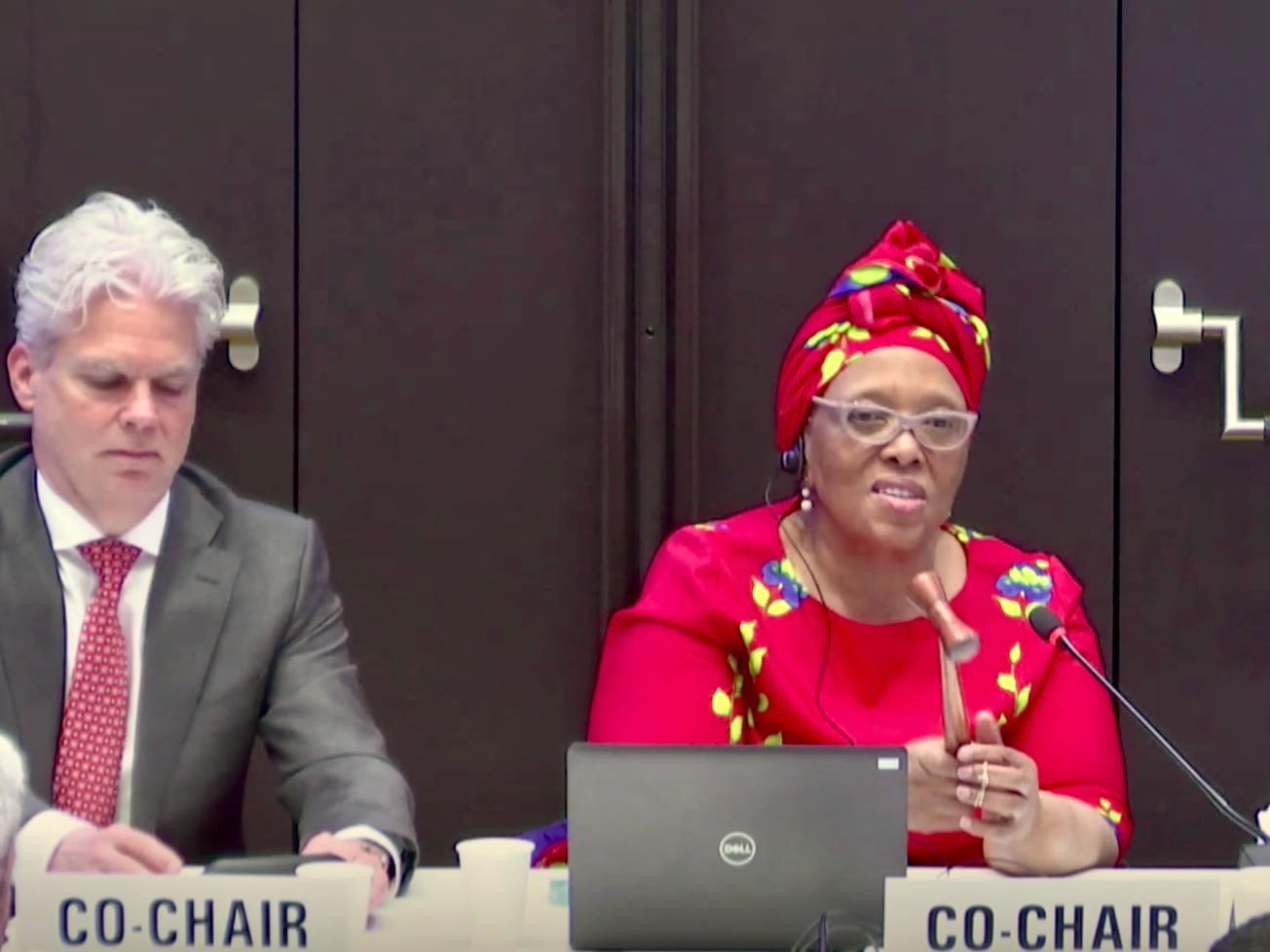GENEVA (AN) — Despite almost two and a half years of negotiations, a World Health Organization panel came up empty-handed trying to negotiate the world's first treaty to prepare for future pandemics.
WHO leaders and diplomats from among the world body's 194-member nations signaled on Friday they don't intend to give up, however, and will push for next week's World Health Assembly to reauthorize another try.








